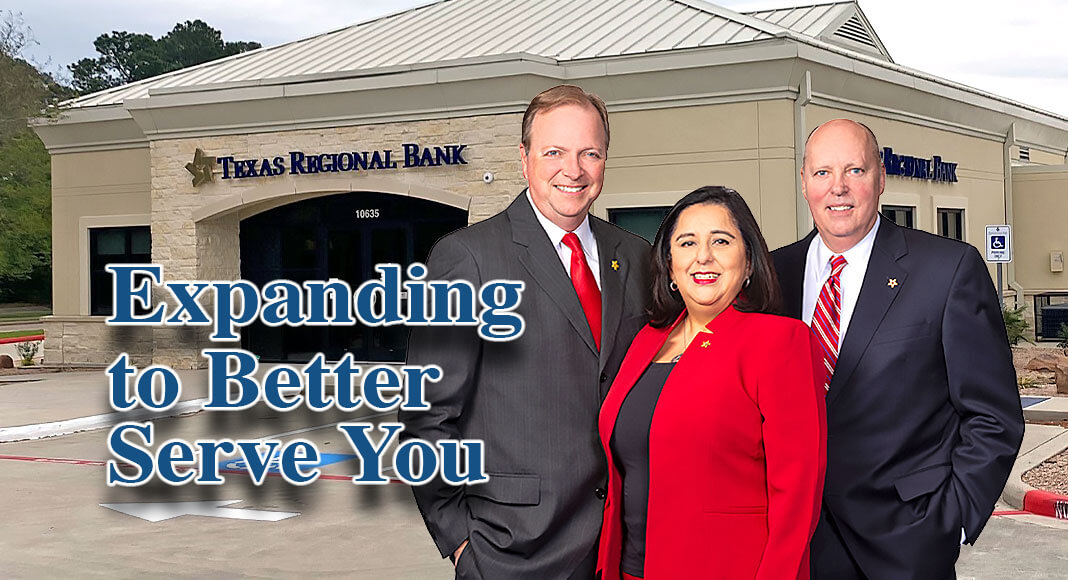20 Free Facts For Picking Business Banking Administration Advice
20 Free Facts For Picking Business Banking Administration Advice
Blog Article
Ten Helpful Tips For Trust Administration For Estate Planning, Companies Etc.
Here are 10 strategies for estate planning companies and firms offering trust administration. They can be useful when you are evaluating the company you want to work with in managing, administering, or acting as trustee for your trust. Each tip provides a clear description along with pros & cons to help you make an educated choice.
1. Verify Licensing & Regulatory Compliance
Tip. Verify the trust firm is licensed by your state bank or financial authority and is regulated.
Pros: It provides legal accountability and protection of consumers.
Cons: Licenses aren't a guarantee of the highest quality service or adhere to ethical standards.
2. Check your Trust Administration Experience
Tip: Select an trust company that has extensive expertise in handling irrevocables, revocables or special needs trusts.
Pros: Experience can lead to better handling of complicated situations.
Cons: Larger, older firms may be less adaptable or personal.
3. Check Fiduciary Responsibilities
Tip : Ensure that the company has an obligation of fiduciary, which means it is legally obligated to act for your benefit.
Pros Limits the risk of conflict of interests or bad management.
Cons Some bankers and advisors are not able to act as fiduciaries.
4. You can also learn about their costs
Tip - Ask for an exact breakdown of the total cost of fees. This includes asset management charges along with transaction fees, and administration charges.
Transparency can aid in comparisons and cost-planning.
Cons: Fees may be complicated or differ based on trust type and size.
5. Evaluate Investment Management Services
Review the investment strategy and the performance of the trust company when they manage assets.
Cons: Doesn't match with trust objectives or beneficiaries.
Con: Some companies fail to live up to their promises, or even promote their own products.
6. Request Sample Reports
Get examples of what your beneficiaries and you could anticipate to receive in the form of statements or reports.
Pros: Demonstrates professionalism and openness.
Pros: Some reports are too complicated or are not frequently used.
7. Clarify Distribution Policies for discretionary distribution
It is important to understand how the firm deals with discretionary distributions.
Cons: Helps prevent misuse of funds and maintains the control.
Cons: Could lead to tensions if the trustee is not flexible or too strict.
8. Review Successor Trustee Planning
TIP: Ensure the trust company is ready if the trust officer who is designated to be in charge quits or retires.
Pros: It ensures continuity and reduces disruption.
Cons: Smaller companies might not have succession plans or backup plans.
9. Ask About Tax Filing Services
Tips: Some companies offer trust tax preparation and filing; others don't.
Benefits: Reduces the chance of error and simplifies compliance.
Cons: Additional fees or outside coordination could be necessary.
10. Communicate Style and Frequency
Ask the trust officer how often they communicate with their clients and beneficiaries.
Pros : Promotes the ability to respond and is transparent.
Cons: Insufficient or too much contact can cause confusion. Have a look at the most popular trust administration checklist for site info including us bank national, account near me, us bank texas, community bank phone number, best banks in florida, us bank customer service, bank business, best bank to bank with, first financial financial, trust bank login and more.
Ten Tips For Banking Business In Melbourne, Florida
Here are 10 comprehensive suggestions for businesses with bank accounts in Melbourne, Florida, with detailed explanations of the pros and pros and cons for each. The tips cover everything from selecting the right bank to maximizing the banking experience for business in the local setting.
1. Setup Multi-User Controls for Access and Roles
Tip : Give employees and accountants a custom role for account access.
Pros: Increases accountability and security.
Cons Some banks do not provide user roles that can be customized.
2. Start a business Money Market or a Savings Account
Tip: You can use savings accounts to create an emergency fund for your business, or to hold inactive capital.
Pros: Earn interest, support financial stability.
Cons: Requires high minimum balances. Limits the transfer of funds.
3. Find cash deposit Friendly Banks
Be sure to inquire about the charges and limitations for cash deposits, especially if your business is heavily reliant on cash.
Pros: Quick and easy deposits.
Cons: Some banks charge a fee for handling cash above certain thresholds.
4. Use tools to detect fraud and positive pay
For ACH and check transactions banks like Wells Fargo Regions offer fraud prevention.
Reduces fraud risk and unauthorized withdrawals.
Cons The feature is typically only available to accounts with higher tiers, or as a paid-for upgrade.
5. Make sure to check for FDIC and NCUA Insurance
TIP: Make sure your bank account is covered up to $250,000 by the federal government per entity and for each bank.
Cons: Insufficient financial safety and compliance.
Cons: Businesses needing to spread cash have larger reserves.
6. Know the difference between Wire Transfer and Fees
Tip: Compare domestic/international wire fees and ACH origination fees if you pay suppliers or contractors electronically.
Payrolls that run smoothly.
Cons: The costs could be very high. Some smaller banks are not able to accept ACH.
7. Find a Business Banker who is Dedicated
Tips: Establish a rapport with a banker who is aware of your business goals and.
Pros: Faster service, insider guidance, more straightforward loan applications.
Cons: Small-scale businesses might not be able to access personal bankers from banks with larger branches.
8. You may want to consider using business credit cards to help manage your the cost of your business
Melbourne banks have business cards that provide rewards, cash back or travel benefits.
Features: It assists you to build credit for your business and tracks expenses.
Cons • High interest rate when you don't pay back your loan on time Personal guarantee required.
9. Ask About Community-Based Support Programs
Tip: Many community bankers assist local businesses with grants, networking events or sponsorship events.
Positives : Exposure and goodwill are fantastic.
Pros Some programs are only available to specific industries or non-profits.
10. Be Prepared with Proper Documentation
TIP: When opening a business account, make sure to bring along your EIN and documents such as the Articles Of Incorporation (Business License) and operating agreement and EIN.
Pros: Avoids delays in setup.
Cons: Incomplete documentation can delay or stop the approval of a account. Have a look at the most popular bank account in Melbourne FL for website recommendations including first financial bank login, good banks, best banks in san antonio tx, the bank of missouri credit card, big us banks, real bank, big banks, banks in florida usa, usbank website, best bank to bank with and more.